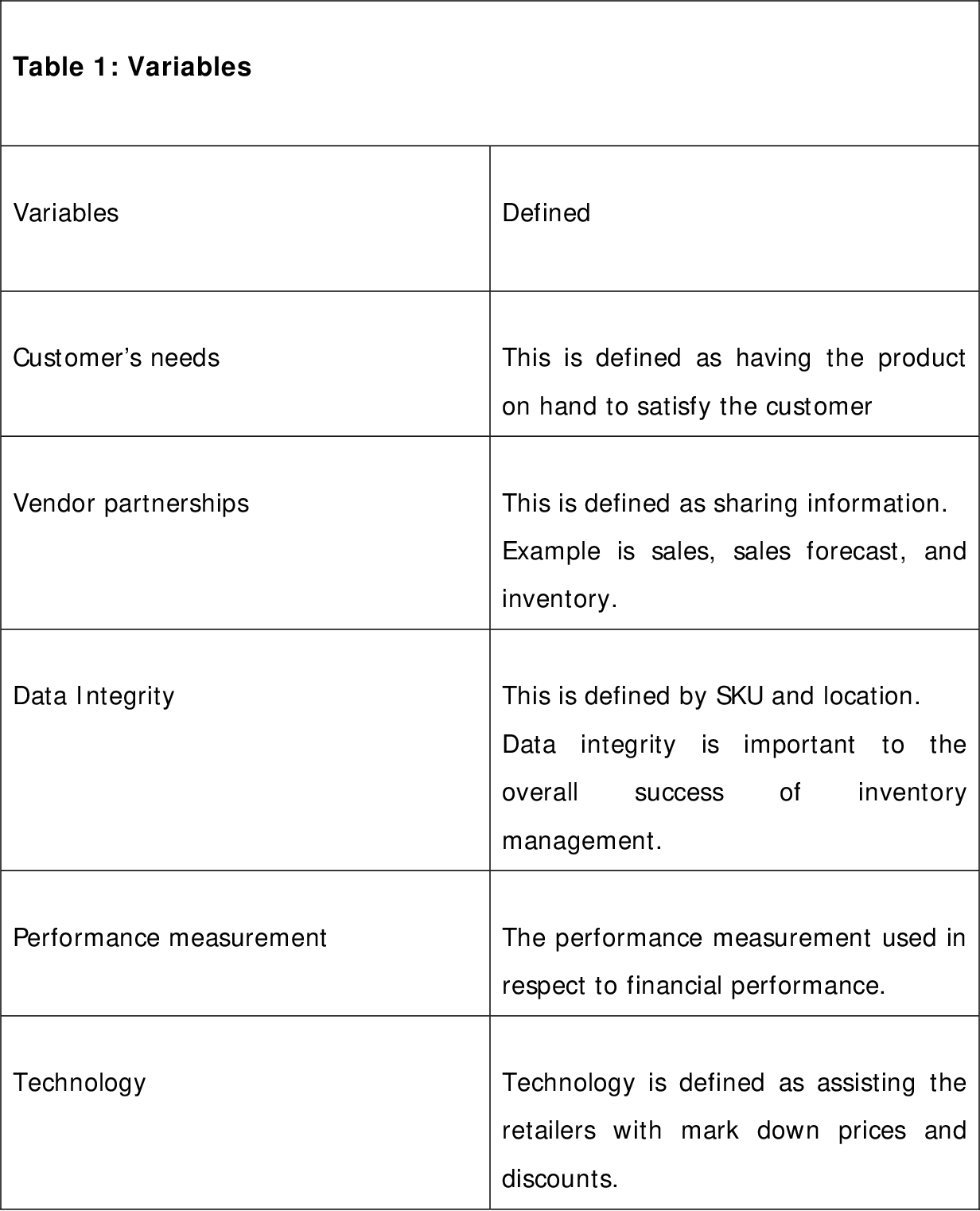Boosting Customer Happiness
In today’s competitive business world, customer satisfaction plays a crucial role in determining the success of a company. One of the key factors that can enhance customer satisfaction is effective inventory management. By ensuring that the right products are available at the right time, businesses can boost customer happiness and loyalty.
Effective inventory management involves keeping track of stock levels, forecasting demand, and optimizing order quantities. By having a clear understanding of what products are selling well and what items are in high demand, businesses can avoid stockouts and ensure that customers always find what they are looking for. This not only leads to a positive customer experience but also helps in increasing sales and revenue.
Furthermore, effective inventory management can also help businesses to reduce lead times and improve order fulfillment. By streamlining the ordering and restocking process, businesses can respond quickly to customer demands and provide faster delivery times. This can lead to increased customer satisfaction as customers receive their orders in a timely manner.
Another way in which effective inventory management can boost customer happiness is by reducing the likelihood of overstocking. Overstocking can lead to wastage and unnecessary storage costs, which can ultimately impact the bottom line of a business. By accurately forecasting demand and managing inventory levels efficiently, businesses can avoid overstocking and ensure that products are always fresh and in good condition when they reach the customer.

Image Source: cloudfront.net
Moreover, effective inventory management can also help businesses to improve their product assortment and offer a wider variety of products to customers. By analyzing sales data and trends, businesses can identify which products are popular among customers and make informed decisions about which new products to introduce. This can help in attracting new customers and retaining existing ones by providing a diverse range of products to choose from.
In addition to these benefits, effective inventory management can also help businesses to reduce costs and improve their profitability. By optimizing order quantities and reducing excess inventory, businesses can minimize storage costs and free up capital that can be reinvested in other areas of the business. This can lead to improved cash flow and a healthier financial position, which can ultimately lead to a more sustainable and successful business.
Overall, effective inventory management plays a crucial role in enhancing customer satisfaction and boosting customer happiness. By ensuring that products are always available, orders are fulfilled quickly, and the right products are offered to customers, businesses can create a positive shopping experience that keeps customers coming back for more. Ultimately, customer satisfaction is the key to a successful business, and effective inventory management is an essential tool in achieving that goal.
Enhancing Customer Satisfaction through Effective Inventory Management
Maximizing Inventory Efficiency
When it comes to running a successful business, one of the key factors that can make or break your customer satisfaction is your inventory management. Maximizing inventory efficiency is crucial in ensuring that you have the right products in stock, at the right time, and in the right quantities to meet the demands of your customers. By effectively managing your inventory, you can streamline your operations, reduce costs, and ultimately enhance customer satisfaction.
Inventory efficiency is all about finding the balance between having enough stock to meet demand without overstocking or understocking. When you have too much inventory, it can lead to wastage, increased storage costs, and the risk of products becoming obsolete. On the other hand, having too little inventory can result in lost sales, unhappy customers, and missed opportunities.
To maximize inventory efficiency and enhance customer satisfaction, businesses need to implement effective inventory management strategies. This includes:
1. Demand forecasting: Predicting customer demand is essential for ensuring that you have the right products in stock at all times. By analyzing past sales data, market trends, and customer preferences, you can forecast demand more accurately and adjust your inventory levels accordingly.
2. Just-in-time inventory: Adopting a just-in-time inventory system can help minimize excess stock and reduce storage costs. This approach involves ordering inventory only when it is needed, allowing businesses to respond quickly to changes in demand and reduce the risk of overstocking.
3. ABC analysis: Classifying inventory items based on their importance and value can help businesses prioritize their stock management efforts. By focusing on the most critical items, businesses can allocate resources more effectively and ensure that high-demand products are always available.
4. Inventory tracking: Implementing an inventory tracking system can provide real-time visibility into your stock levels, allowing you to monitor inventory movements, identify trends, and make informed decisions about when to reorder products. This can help prevent stockouts, backorders, and other issues that can lead to customer dissatisfaction.
5. Supplier relationships: Building strong relationships with suppliers is essential for maintaining a reliable supply chain and ensuring that you can meet customer demand. By working closely with suppliers, businesses can negotiate better terms, secure timely deliveries, and collaborate on inventory management strategies.
By maximizing inventory efficiency through these strategies, businesses can improve their operational performance, reduce costs, and enhance customer satisfaction. When customers can rely on businesses to have the products they need when they need them, they are more likely to be satisfied with their shopping experience and become repeat customers.
In conclusion, effective inventory management is a critical component of enhancing customer satisfaction. By maximizing inventory efficiency through demand forecasting, just-in-time inventory, ABC analysis, inventory tracking, and strong supplier relationships, businesses can meet customer demand more effectively, reduce costs, and provide a better overall shopping experience. By focusing on optimizing inventory management, businesses can ultimately improve customer satisfaction and drive long-term success.
The Connection Between Inventory Management and Customer Satisfaction